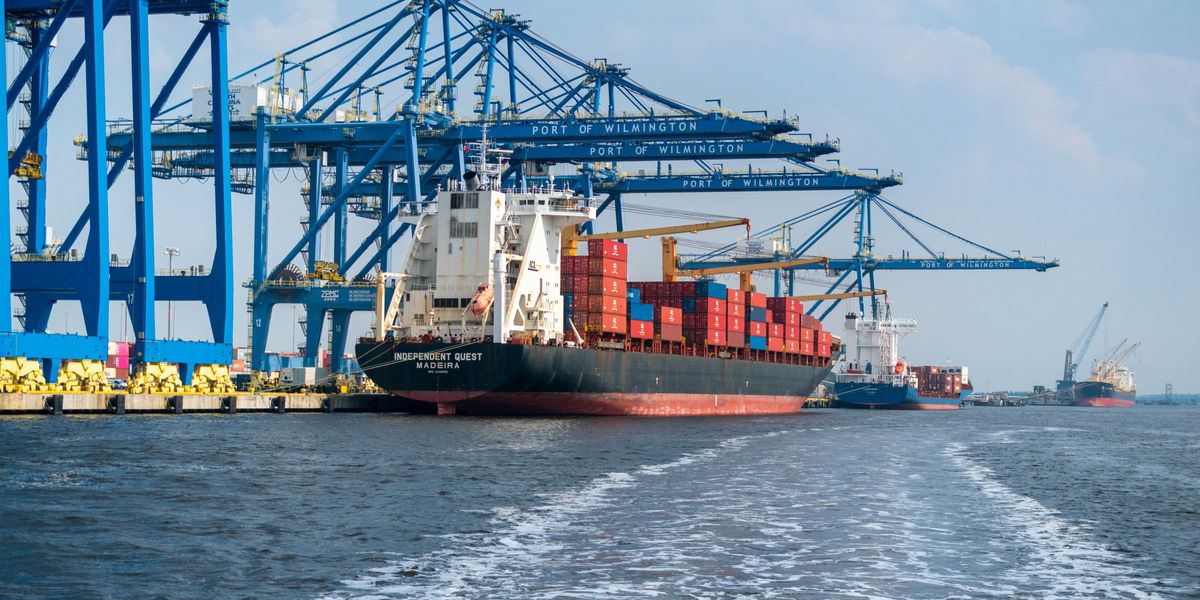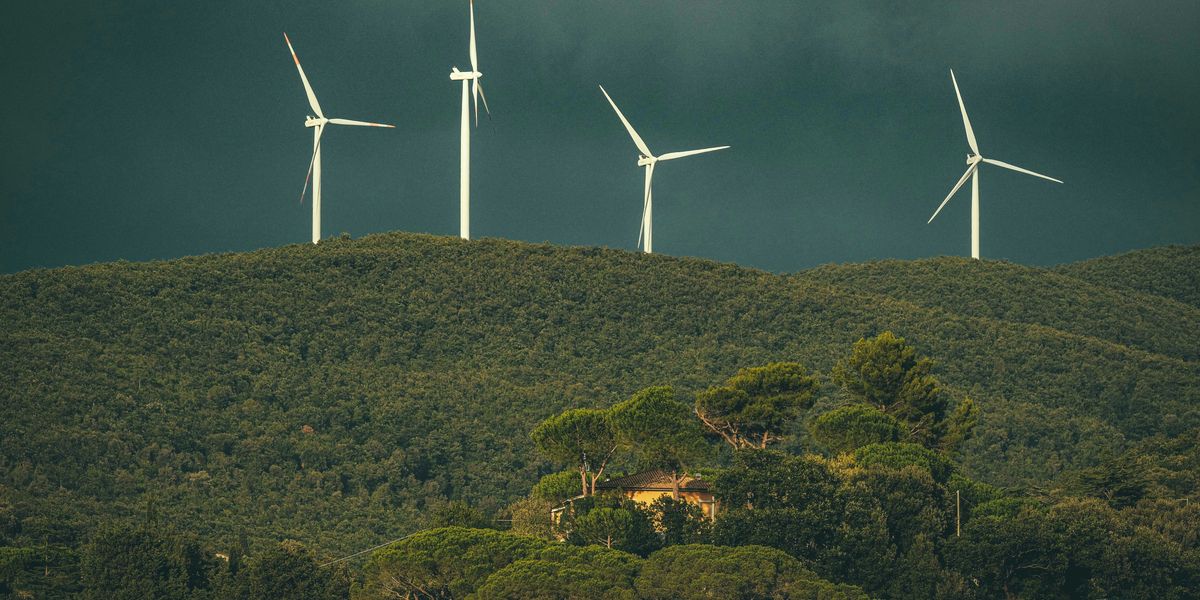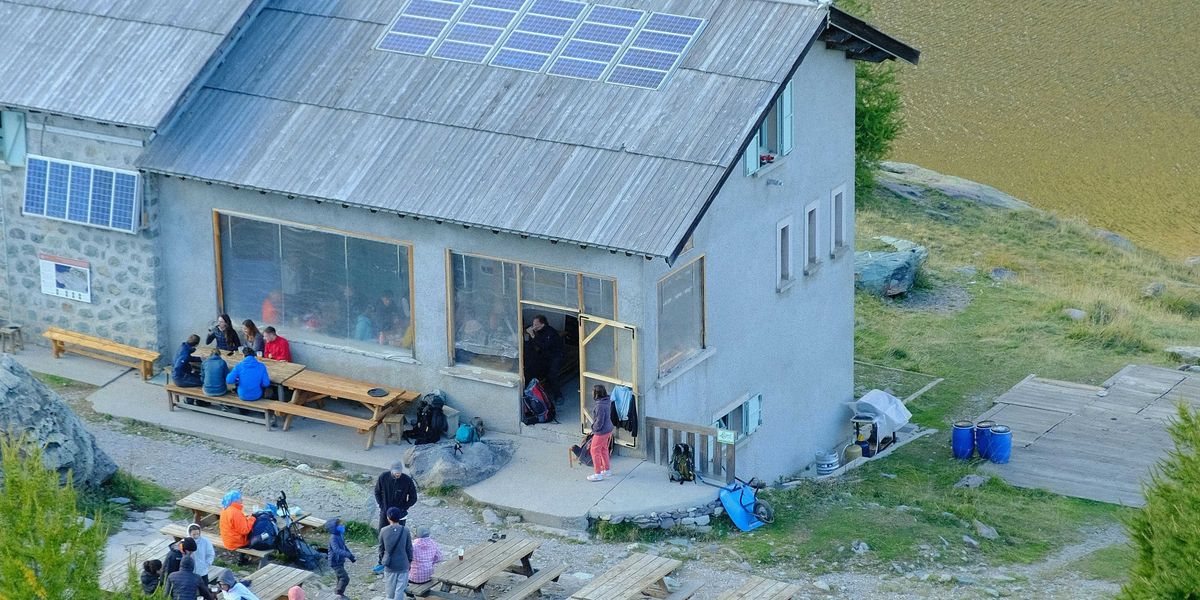US tariffs risk derailing renewable energy while boosting global economic uncertainty
U.S. trade policy is fueling instability across the energy sector, with tariffs threatening to stall clean energy projects and drive up costs across oil, gas, and renewables alike.
Dan Gearino reports for Inside Climate News.
In short:
- A Wood Mackenzie report outlines three potential futures for the global economy under different tariff scenarios, ranging from a modest growth slowdown to a full-blown recession, with energy industries across the board facing cost hikes and uncertainty.
- Renewable energy sectors, especially battery storage and solar, are especially vulnerable due to their dependence on imports, and could fall behind technologically as tariffs make cutting-edge equipment from China financially inaccessible.
- The Trump administration’s unpredictable tariff policy has made it difficult for utilities, manufacturers, and investors to plan long term, hindering domestic clean energy expansion and leaving the U.S. trailing behind Europe and China on costs and innovation.
Key quote:
“We’ve already kind of penalized solar with the tariffs that we have in place.”
— Chris Seiple, vice chairman for power and renewables, Wood Mackenzie
Why this matters:
The reach of tariffs into the energy sector is vast and disruptive. By inflating the cost of materials and creating uncertainty for long-term investment, these trade policies are dragging down the momentum of the renewable energy transition just as global demand for clean power accelerates. U.S. solar and battery storage companies, which rely heavily on imports for key components, are particularly exposed—importing over 90% of battery tech alone. Meanwhile, nations like China and those in the European Union are not only advancing rapidly in renewable deployment but are doing so at significantly lower costs. This disparity risks locking the U.S. into outdated infrastructure, raising costs for consumers and utilities alike. Worse, the murky motives behind the tariffs—ranging from protectionism to foreign policy posturing—make it nearly impossible for energy developers to plan.
Read more:













